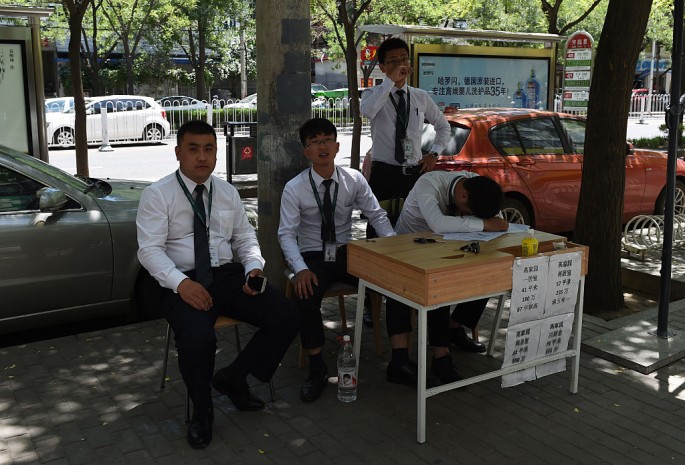Chinese finance minister Lou Jiwei has vowed to exert efforts to introduce the new property tax, which industry analysts believed would stabilize the country's real estate market in the long run, China Daily reported.
Lou made the pronouncement at the sidelines of the G20 Finance Ministers and Central Bank Governors Meetings in Chengdu, Sichuan Province.
According to Lou, reforms in the income tax and property tax will surely provide a more equitable distribution of income but policies to enforce it will be challenged.
"This is a challenge, and this is our next task. We will be devoted to carrying it on," Lou said.
Liu Jianwen, a professor at Peking University Law School, told China Business News that the property tax may take effect by the end of 2017.
Though it may take some time before the tax can be implemented, experts said the policy may lessen the demand and stabilize real property prices.
"Information collection, taxation capacity building and vested interests are the major challenges," Lou pointed out.
"It's difficult to say when the policy will be completed. As far as I'm concerned, the reform may need no less than three to five years," Zhang Dawei, chief analyst at Centaline Property, said.
Guo Yi, marketing director at Yahao Real Estate Selling & Consulting Solution Agency, said the taxation system has to be improved and property ownership must be thoroughly probed.
But the ability of the new tax policy to control and manage remains to be seen.
Li Yanan, an engineer working at a Beijing-based construction company, said he will still buy a house even if there are more taxes, because he needs it.
Aside from the property tax, analysts also refer to reform of the individual income tax as another factor in determining market trends.
Reform in the individual income tax will also enhance demand in real property, Guo said.



























